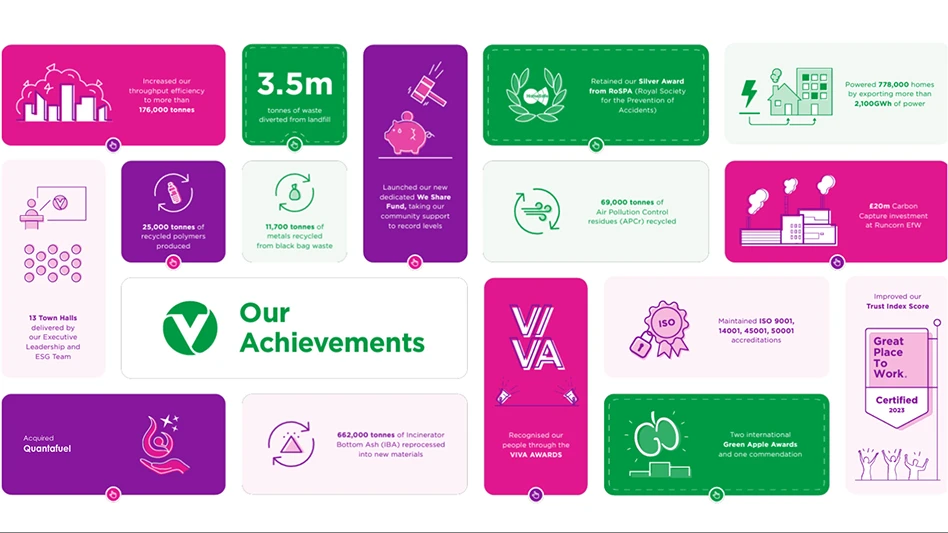
Recyclers on the West Coast anxiously are awaiting the results of contract negotiations between the Pacific Maritime Association, a San Francisco-based group representing 29 ports along the West Coast, and the International Longshore and Warehouse Union, which represents 15,600 dockworkers at the ports. Negotiations began May 12, with the current contract set to expire July 1.
Sources on the West Coast say they are hopeful the talks will end favorably for all parties considering the bright spotlight on the negotiations after significant supply chain disruptions that have affected the movement of goods, recovered fiber included, across the U.S. and beyond since the onset of the COVID-19 pandemic.
“I think both sides understand that even more eyeballs are on them this time around just because of the supply chain; everybody knows what the issues were, have been and still are,” a paper packer based on the West Coast says. “I think they know that everybody is paying attention this time around.”
He adds, “The run-up to these negotiations have been the most tranquil I think we’ve ever seen. … Normally going into these things, there’s usually a little bit of a build—there’ll be a shot here and a shot there just to prep both sides for these things. This has been a really calm, very civil run-up to negotiations, which is, unfortunately, kind of unusual when it comes to these two sides. But we’re pretty hopeful.”
A report by the Los Angeles Business Journal notes the major concern for shippers is that if talks bog down, it could exacerbate already fragile supply chains. The union, on the other hand, is focused on higher wages and automation that would eliminate jobs on the dock.
The West Coast paper packer says there are good days and bad days at the port as of mid-May—an actual improvement from January and February when it seemed to be exclusively bad days. “There are some days where all of our bookings work and all of our appointments work and we’re actually able to ship a bunch of containers,” he says. “[But] some days it’s just like, that booking got rolled till next week, that appointment’s no good anymore [or] we’re going to close the port early for a meeting.”
Recovered paper pricing in Fastmarkets RISI’s Pulp & Paper Week May 5 issue shows no movement in most grades, including mixed paper, sorted residential paper and news (SRPN) and all high grades. A trader in the Midwest says he’s heard from one buyer who said premiums could start coming down in the next month or two, especially if the market holds steady again. But, because of the heavy demand for freesheet from tissue mills, he says premiums remain “pretty high.”
He adds, “I think there’s tons available, even though generation might have been down slightly. There’s still plenty of tons out there. I think the mills just aren’t consuming as many as we’d probably like, but that could change here in the next month or two.”
The trader also says he’s felt the effects of what’s happening in the export market in the Midwest, saying export is “all but gone,” with no indication of when it might return to more normalized levels. “If export were to come back in some capacity, that would just really disrupt the market big time,” he adds. “Domestic mills are basically fat and happy right now, but if they had to start competing globally, it could definitely drive prices up.”
The West Coast trader says he’s been asked if he anticipates the market to heat up enough to where tons will be moving from the West Coast back to the Midwest or even to the East Coast, and though he says it makes sense on paper, the freight rates are much too high still for that to make sense economically. He notes shipping to India as an option, saying, “Maybe freight rates to India will get to a point where it starts making sense again off the West Coast, but that hasn’t happened yet.”
With little-to-no movement in pricing, attention remains on the contract negotiations and if, come July, there might finally be relief as it pertains to moving the recovered paper supply building at some facilities.
“I can’t even tell you how critical this is,” the West Coast trader says. “The process is so complicated, and the whole process is geared toward import. How do we get all these ships that have all these goods coming in from Asia? How do we get them off that ship and unloaded and into the warehousing system? How do we get stuff on shelves for shoppers as quickly as possible? Meanwhile, us over here in export are like, ‘Hello? Remember us? Remember 20 years ago when you said to wine and dine us?’ We felt like a valued customer. Now, we are just an afterthought, and it’s just brutal.”
Latest from Recycling Today
- Ace Green unveils system to support antimony recovery, lead battery recycling
- Sims reports earnings drop in 2025 fiscal year
- SDI purchases metals distributor
- Line of Cleveland Browns souvenir cups to be made with PureCycle resin
- Commerce Department expands scope of Section 232 tariffs on steel, aluminum
- Applications now open for Can’d Aid’s Crush It Crusade recycling grants
- Report shows packaging paper shipments up in Q2
- Novelis, DRT sign join development agreement for unialloy can ends





